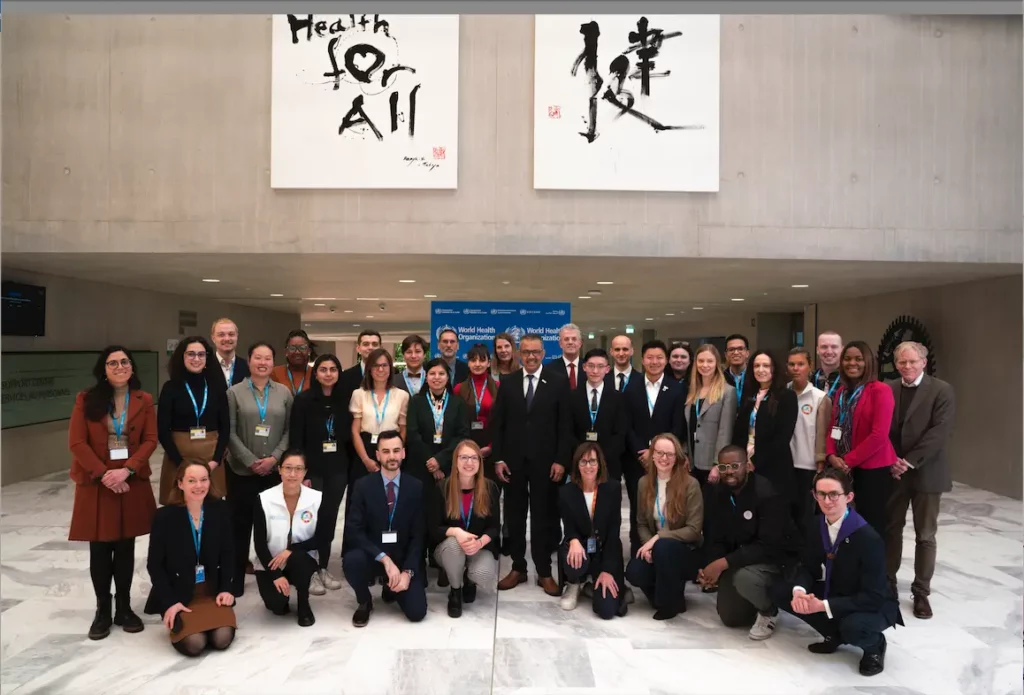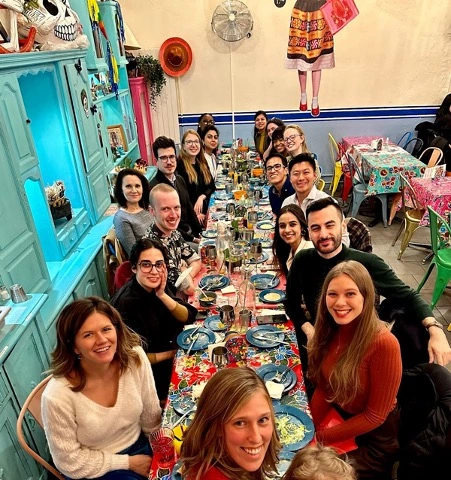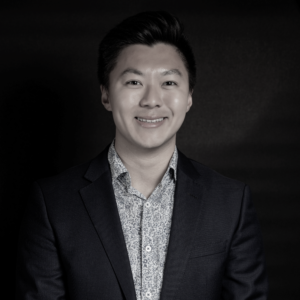Between 27 to 30 January, the World Health Organization (WHO) held the inaugural meeting of its newly established Youth Council. Held in Geneva, the meeting convened representatives from 22 diverse youth organisations from health and non-health backgrounds, to discuss and agree upon an actionable working plan that addresses critical health issues affecting their communities and constituencies. The Council aims to provide a platform for young people to provide advice on health issues affecting young people and to serve as a platform for designing new initiatives and expanding existing youth engagement activities.

As a founding member of the Youth Council, The Lancet & Financial Times Commission on Governing Health Futures 2030 is committed to meaningfully engaging with and empowering the next generation of leaders in global health to address the challenges and opportunities of the rapidly changing global health landscape. Regional Youth Champion, Brian Li Han Wong and Youth Officer Enow Awah George Stevens attended the inaugural meeting on behalf of the Commission.
During the four-day meeting, Youth Council members discussed priorities and work plans related to universal health coverage, non-communicable diseases, mental health, and youth leading for health as well as the next steps for developing an inclusive Youth Engagement Strategy across all levels of the WHO. They also interacted with the WHO Director-General and other senior leaders to come up with concrete initiatives.
Outcomes of the meeting include making partnership opportunities accessible to young people globally, showcasing the council’s work at key WHO meetings, identifying gaps in data on health inequity among young people, and engaging with WHO Member States. The Council has also identified key opportunities to include youth delegates in Member State delegations and integrate youth delegate programs with support from the WHO Secretariat and leadership.
As part of the working group meetings, Council members also discussed the impact of digital technology on the health and well-being of young people, a topic of particular relevance given the rapid digital transformations young people are growing up in. There was recognition of the potential of digital health solutions to improve access to health services as well as the need to address the potential negative effects of technology, such as cyberbullying and the spread of misinformation.
The Commission hosted a meeting with many of the Youth Council members to discuss the next phase of the Commission’s work and the pivotal role of youth in driving better design and governance of digital transformations of health.

“The voices of young people must be heard in shaping the future of health and well-being”, said Wong following the meeting. “The WHO Youth Council provides a critical platform for young leaders to engage with decision-makers and influence the policies and programs that will impact their lives.”
The WHO Youth Council will play a vital role in empowering young voices in global health and ensuring that the perspectives and experiences of young people are taken into account in shaping the future of health. The Commission looks forward to contributing further to the work of the Council and supporting its efforts to engage young people in shaping a healthier and more equitable future.

